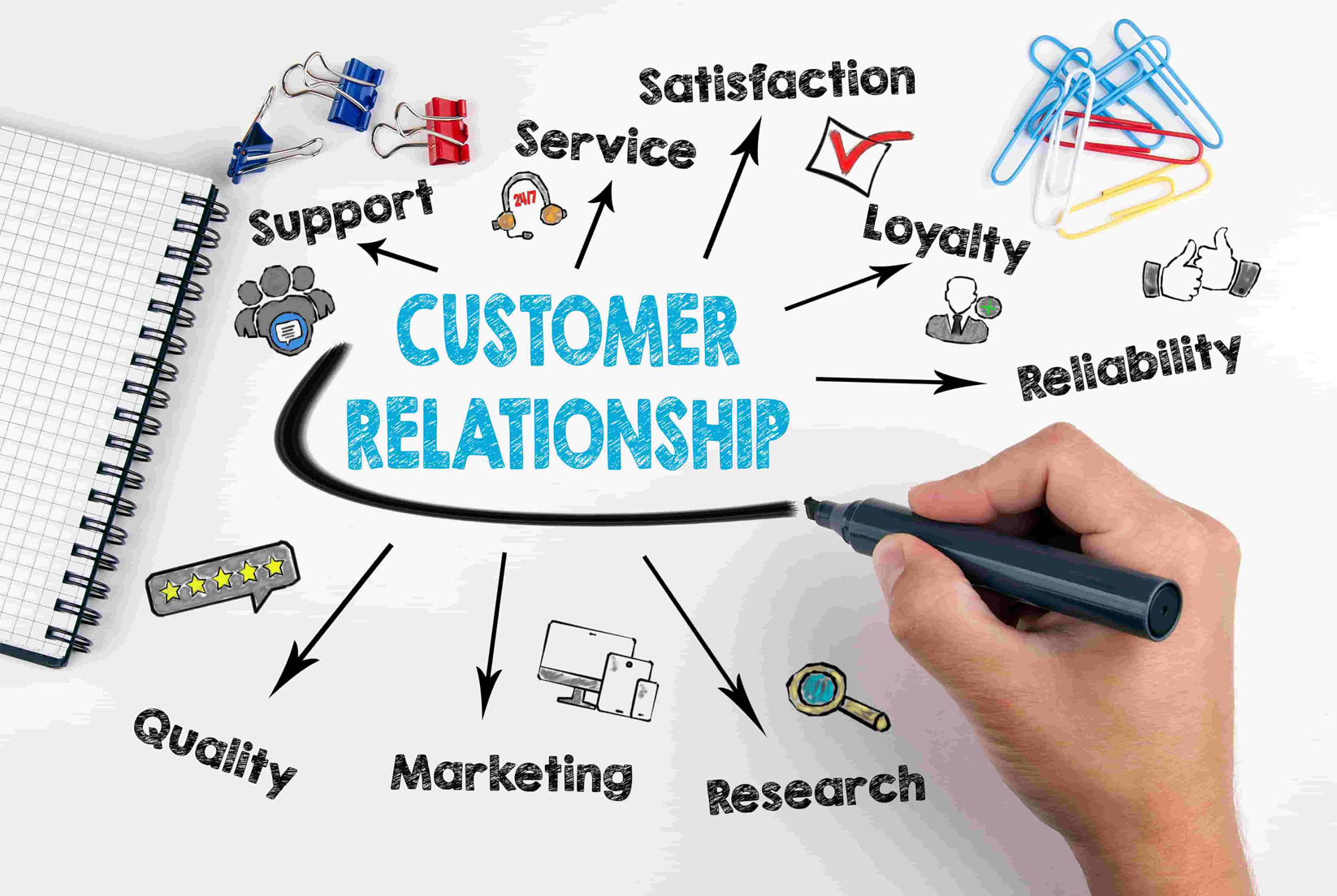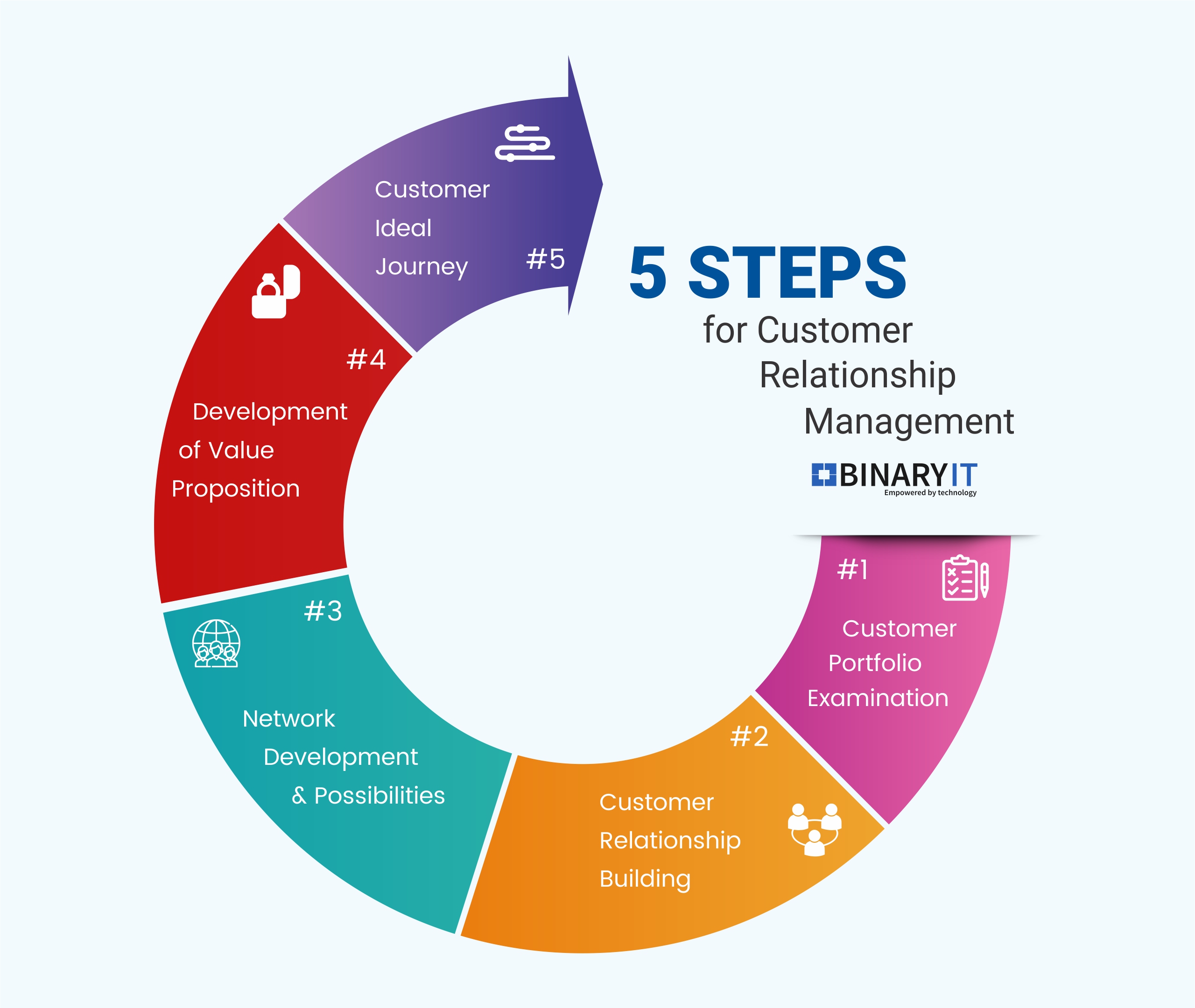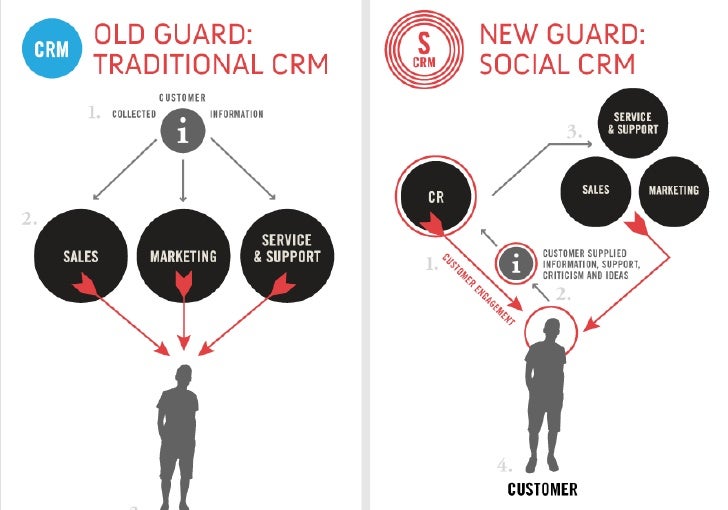
Customer Relationship Management (CRM) has become an essential tool for businesses in today’s highly competitive market. It allows companies to manage their interactions with both existing and potential customers, ultimately improving customer satisfaction and increasing sales. In this article, we will explore the purpose of CRM and its importance in the business world.
What is Customer Relationship Management (CRM)?
Customer Relationship Management, commonly referred to as CRM, is a strategy that businesses adopt to build and maintain strong relationships with their customers. It involves gathering and analyzing customer data to better understand their needs, preferences, and behaviors. By leveraging this information, companies can tailor their marketing and sales efforts, leading to improved customer satisfaction and increased customer loyalty.
The Purpose of CRM
The primary purpose of CRM is to enhance the overall customer experience. By effectively managing customer interactions, businesses can provide personalized and seamless experiences across all touchpoints. Here are some key purposes of CRM:
1. Customer Data Management: CRM systems serve as a centralized database for storing customer information, such as contact details, purchase history, and communication preferences. This enables businesses to have a holistic view of their customers, making it easier to identify their needs and address any issues or concerns in a timely manner.
2. Sales and Marketing Efficiency: CRM software provides sales and marketing teams with valuable insights about their customers. This enables them to target the right audience and personalize their communications, resulting in more effective lead generation and conversion. By automating various tasks, CRM also streamlines workflows and improves team productivity.
3. Customer Service and Support: CRM systems enable businesses to provide efficient customer service and support. By logging customer interactions and tracking their history, companies can offer timely assistance and resolve issues promptly. This strengthens customer satisfaction, which in turn builds brand loyalty and positive word-of-mouth.
The Benefits of CRM
Implementing a CRM system can bring various benefits to businesses. Some of the key advantages include:
1. Improved Customer Satisfaction: By understanding customer needs and preferences, businesses can provide customized experiences that meet their expectations. This leads to higher customer satisfaction and loyalty, ultimately resulting in repeat business and positive referrals.
2. Increased Sales and Revenue: CRM software helps businesses identify potential leads and track their progress through the sales funnel. By nurturing these leads with personalized communication, companies can increase their conversion rates and drive more sales. Additionally, CRM provides cross-selling and upselling opportunities, contributing to revenue growth.
3. Enhanced Marketing Effectiveness: CRM enables businesses to segment their customer base and target specific groups with tailored marketing campaigns. This ensures that the right message reaches the right audience, increasing the chances of converting leads into customers. CRM also provides valuable analytics and reporting features that help measure the success of marketing efforts.
4. Streamlined Processes and Increased Efficiency: CRM automates various manual tasks, such as data entry, follow-up emails, and appointment scheduling. This frees up valuable time for employees, allowing them to focus on more important activities, such as building relationships with customers and closing deals. With streamlined processes, businesses can operate more efficiently and effectively.
Conclusion
Customer Relationship Management plays a crucial role in today’s business landscape. It enables companies to better understand their customers and cater to their unique needs, which ultimately leads to improved customer satisfaction and increased sales. By implementing a CRM system, businesses can streamline their processes, enhance marketing effectiveness, and boost overall efficiency. As competition continues to rise, embracing CRM becomes essential for businesses to thrive in the market.
In conclusion, by adopting an effective CRM strategy, businesses can unlock numerous benefits and gain a competitive edge in their respective industries.
Are you looking for What Is the Purpose of Customer Relationship Management?? you’ve came to the right page. We have 5 Pics about What Is the Purpose of Customer Relationship Management? like What Is the Purpose of Customer Relationship Management?, Customer Relationship Management Stock Illustration – Illustration of and also Customer Relationship Management Stock Illustration – Illustration of. Here you go:
What Is The Purpose Of Customer Relationship Management?

www.wisegeek.com
Entrepreneurs is a important factor of the worldwide economy. Business owners leverage opportunities to establish profitable ventures that contribute to economic growth and job creation.
Customer Relationship Management (CRM) Technology Consulting, Business

www.pinterest.com
Firms is a vital factor of the worldwide economy. Entrepreneurs exploit opportunities to create lucrative ventures that contribute to economic growth and job creation.
Customer Relationship Management Stock Illustration – Illustration Of
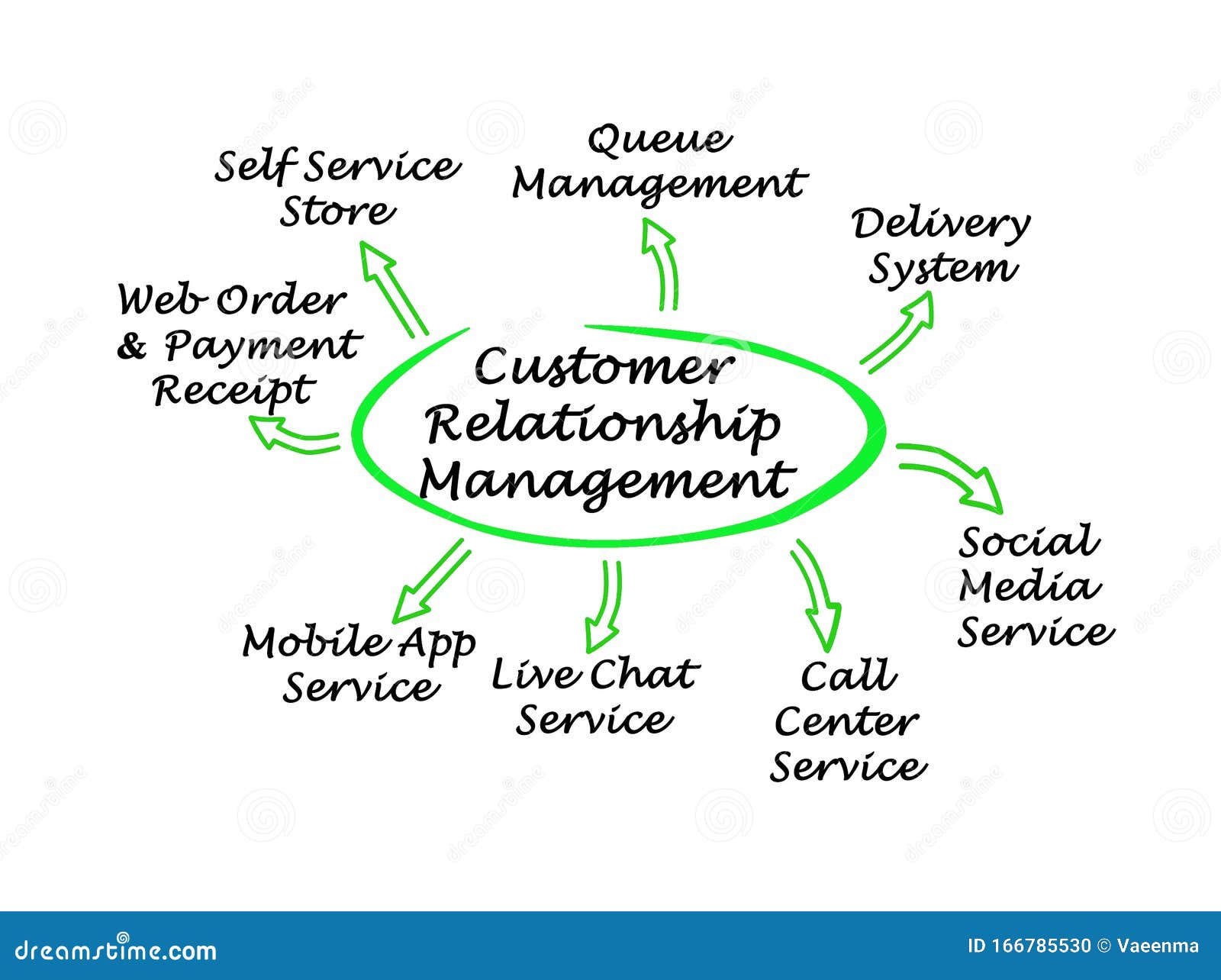
www.dreamstime.com
Entrepreneurs is a important factor of the global economy. Business owners utilize opportunities to develop successful ventures that add economic growth and job creation.
The Four C’s Of Customer Relationship Management Process
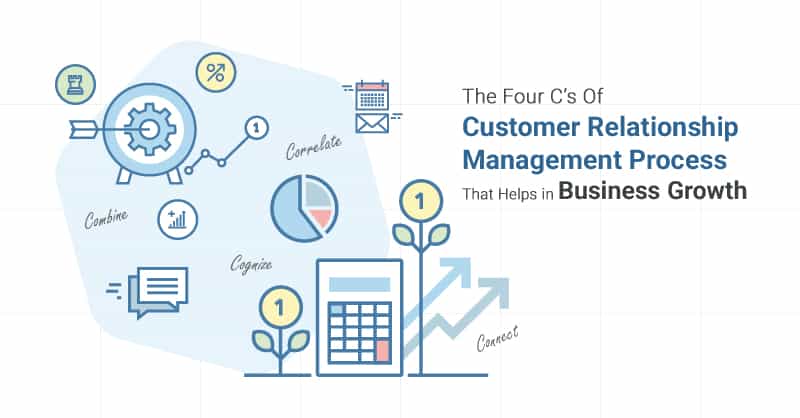
www.convergehub.com
Firms is a important factor of the worldwide economy. Entrepreneurs capitalize on opportunities to establish profitable ventures that add economic growth and job creation.
What Is The Purpose Of Customer Relationship Management?

crmanderpsoftwaredevelopmentcompany.blogspot.com
Entrepreneurs is a essential component of the worldwide economy. Business owners capitalize on opportunities to establish lucrative ventures that contribute economic growth and employment.
Nowadays, technological innovation holds a essential part in business operations. Firms embrace innovative equipment and software to streamline processes, improve communication, and maximize efficiency. Data analytics gives power to decision-making, while online business systems promote online transactions and worldwide reach.
Originally posted 2023-02-21 10:21:45.



